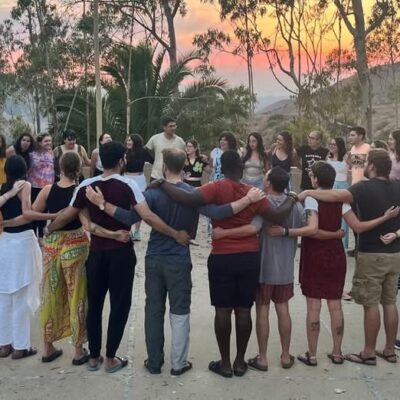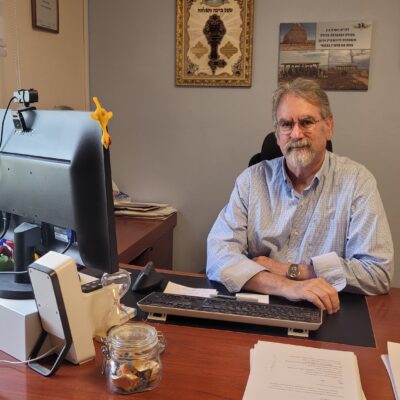Opinion
The Prime Minister’s Plan: Some Suggested Guidelines for Planning
It is my hope that the Prime Minister’s plan will actually be: A Plan.
by Elan Ezrachi
The word has been out for some time; the government of Israel and The Jewish Agency are planning a large-scale initiative that will connect Jews around the world to Israel. The initiative carries the ambitious title: The Prime Minister’s Plan. There were varied reports regarding what this plan will entail. One motif that seems to appear in all the reports is that the Plan will increase travel to Israel.
Such initiatives are typically received with enthusiasm. Travel to Israel specifically is perceived as a vital component of Jewish life. Decades of communal activities around the world have placed travel to Israel as one of the most effective tools for building Jewish identity and developing a strong connection with Israel. Having said that, the mere fact that travel to Israel is considered all good, does not automatically ensure that the practice of this field is conducted in the most optimal way.
Ever since the notion of travel to Israel has become widespread and celebrated, there has never been a systemic effort in the Jewish world to look at this worthy and wide-scale endeavour with strategic criteria. The field has been in the hands of ideological groups, community organizations, private donors and commercial vendors. Taglit (birthright Israel) and Masa are indeed impressive large scale Israel travel systems with unique modalities, that are rightly celebrated, but they operate within self-articulated set of criteria. This Plan needs to place these vital programs within the bigger picture. One of the basic flaws of the field is the built-in tendency to look at the travel activity as an end in itself, and dismiss the broader questions of long range outcomes, lasting impact and seamless transitions from one experience to the other. To mention one example: the current distribution of funding excludes high school programs from the “universal” funding system that was developed in the last 15 years.
Travel to Israel is much too important and should not be left only to independent actions on behalf of stake holders and organizations. Nor should this project be run based only on popular beliefs and intuitive actions. The Israel travel industry needs a rationale and a master plan for the years to come. It is my hope that the Prime Minister’s plan will actually be: A Plan.
When planning the strategy for the next generation of Israel travel I would suggest looking at the field through the prism of two perspectives:
The individual level – We need to look at the life span of individual Jews, from the earliest time a child is educated through retirement (which is prolonged and full of potential) and suggest a holistic spiral life-plan engagement with Israel that will focus around cumulative travel experiences. In this regard, we need to ask questions such as when should people come to Israel, the optimal frequency of travel, the types of engagements that should take place while in Israel and the methods of transition from one experience to the other. We need to look at how travel to Israel corresponds with changing modes of Jewish life and how new technologies affect engagement and learning. We must consider the diversity among Jews around the world and how this diversity makes experiences in Israel different from one another. We need to explore how travel can become habitual and richer with time and how the engagement with Israel enriches the overall sense of Jewish peoplehood among participants. For this task we need the input of educators, spiritual leaders and social psychologists who will inform the planners about the characteristics of future travellers.
On the communal level – Once we have an idea of how we would like to see the engagement with Israel from the individual’s perspective we can design the communal response. The communal response should be based on the following cycle of essential components: Planning, funding, monitoring and evaluation. This cycle will ensure the most effective implementation with the best way of using public funds. For this task we need skilled and impartial planners with abilities to design a mechanism that will pool all available resources (those that will be part of the PM’s plan as well as other resources) and design a sustainable system that will make travel to Israel an organizing principle of Jewish life while being economically sound.
The Prime Minister’s plan is a rare moment for forging a partnership between the State of Israel and world Jewry. It is my hope that with this new plan the idea of travel to Israel will receive its proper attention and the field will operate according to strategic long-range goals. Once we have that in place, the road will be paved for other neglected areas such as the challenge of connecting Israelis to the global Jewish experience, but that’s another story.
Elan Ezrachi, a Jerusalem based independent consultant to Jewish organizations was the founding director of Masa and is a fellow at the Center for Jewish Peoplehood Education.

 Add EJP on Google
Add EJP on Google









